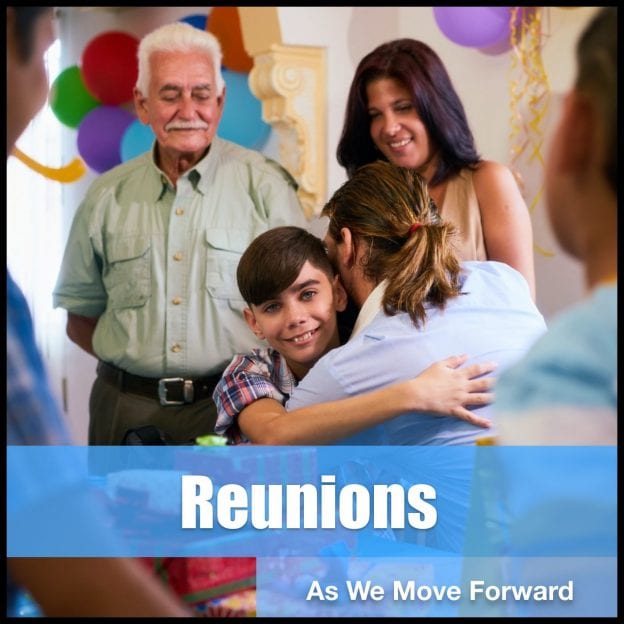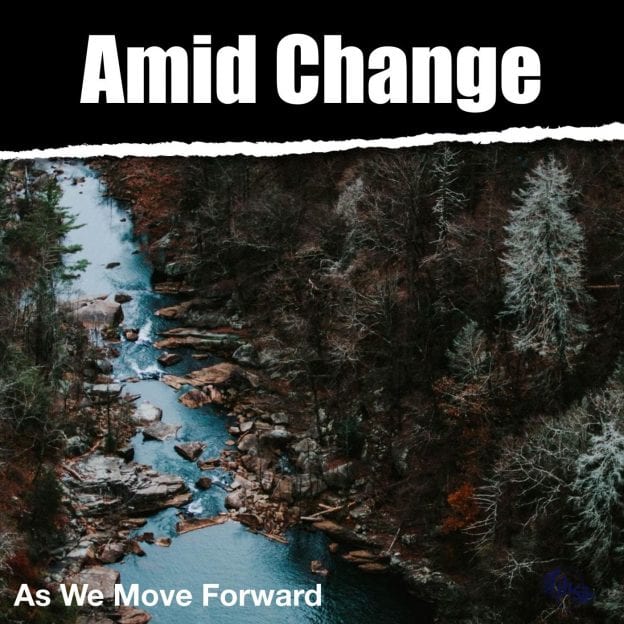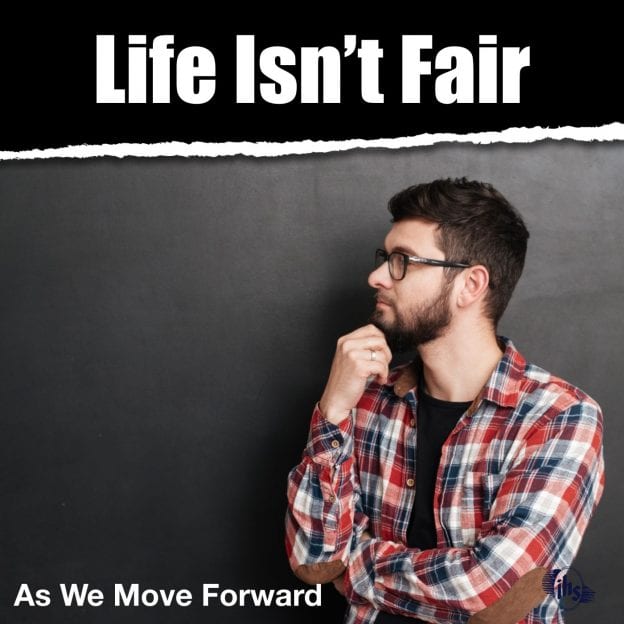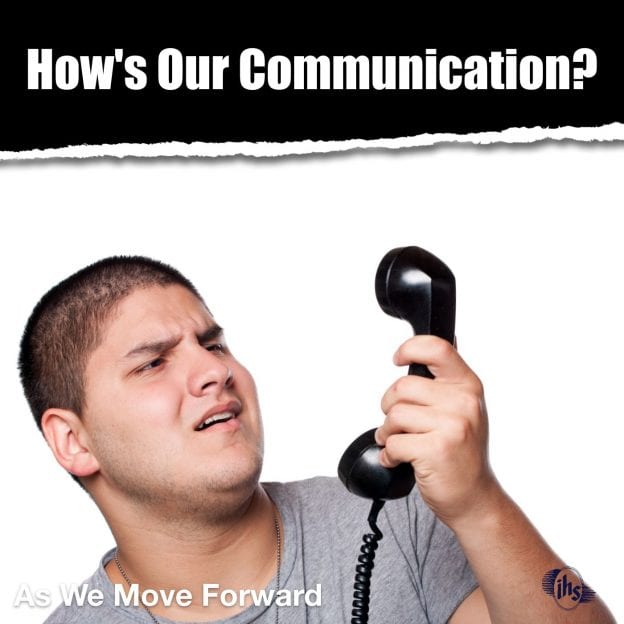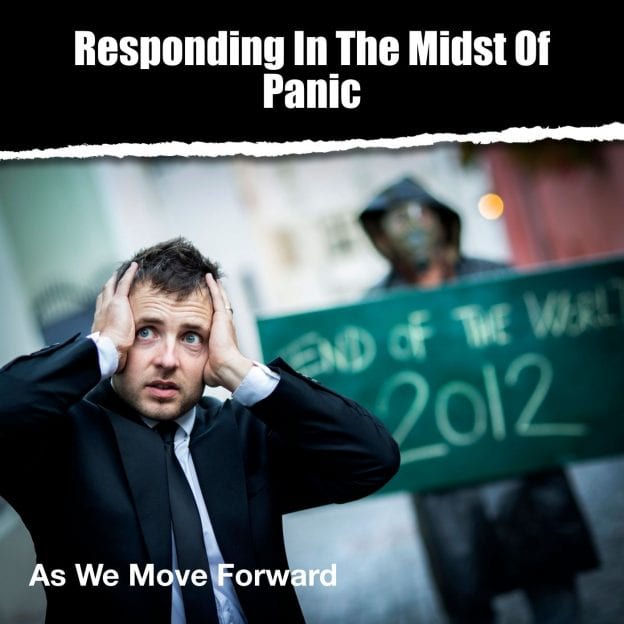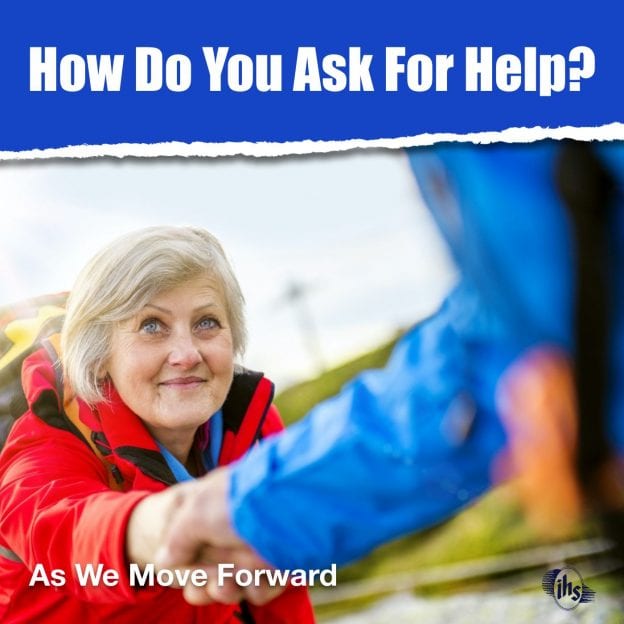
One interesting thing about the time I grew up and the dynamics of the place I grew up is that I was part of a multi-generational family, many of whom lived in the immediate area. This was a time when families regularly held reunions. As I recall, over my youth and teen years, I attended a number of reunions for at least three families. My parents and especially my grandparents made certain to introduce me to relatives I might not have known. I always enjoyed hearing stories of family history. I always enjoyed meeting or seeing relatives, the adults, and the “cousins.’
The locations of these reunions varied. Some were held at family homes. Sometimes the event was too large to be held at a home. I remember a few that were held in parks. I also remember some of the events being held at community halls. I remember one relative who had a position in a township government. I learned some interesting things at one of our reunions talking with her about local government.
Several of the relatives at these reunions were involved in farming. The area I grew up in was largely rural, but I have never lived on a farm and have very little first-hand knowledge of what life on a farm is about. I remember one reunion where I saw the farm of relatives after a tomato harvest. I remember being fascinated by this up-close look at how a harvest is carried out.
I confess the lesson about harvesting tomatoes had a deeper impact on me. A number of crops, including tomatoes, were harvested by migrant workers at the time in our area. I went to school with people whose parents had come to our area as migrant farmworkers and who had decided to stay.
In addition to reunions, my grandparents would take me to visit some of these relatives. I recall visiting several farms over the years and having cousins show me around their farms. To a young boy, these farms seemed magical. We visited one relative who owned a sawmill. That was a fascinating visit and look at how other people lived their lives.
Over my adult life, I have had numerous experiences with reunions based on high school and college graduation. Some have been associated with organizations I have shared participating with others. The thing all these reunion experiences have in common is a shared experience or relationship that gives people a desire to come together and talk about their lives in terms of these things we have in common.
These opportunities to experience a reunion are important as our lives become more and more complex. We need opportunities where we can share based on things we have in common with other people.

As we move forward, it is helpful to think about our times of reunion. What can those times mean in terms of maintaining a connectedness in our lives? We might want to create times of reunion in our lives and the lives of others to give us continuity in our journey through life. As we move forward, what reunions would you like to help create in your life and the lives of others?
If you would like to receive new As We Move Forward posts, please subscribe to the As We Move Forward mailing list by clicking here. I release entries on a bi-weekly basis.We have a podcast containing the As We Move Forward articles read by Jae Bloom.

